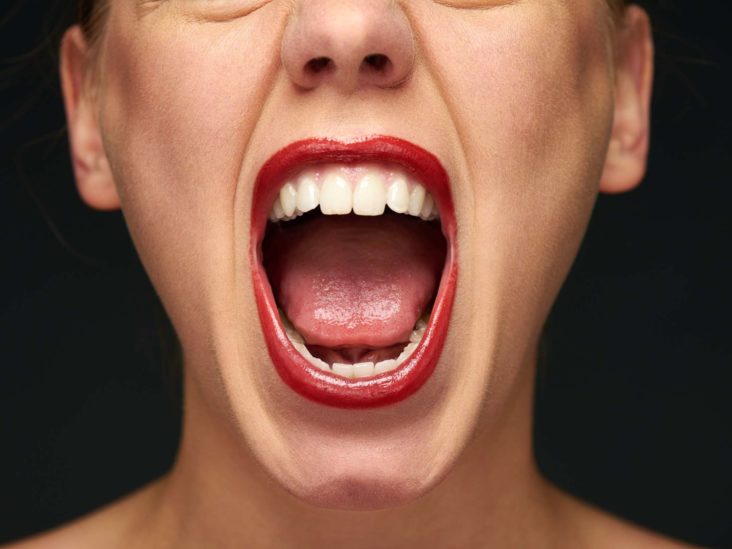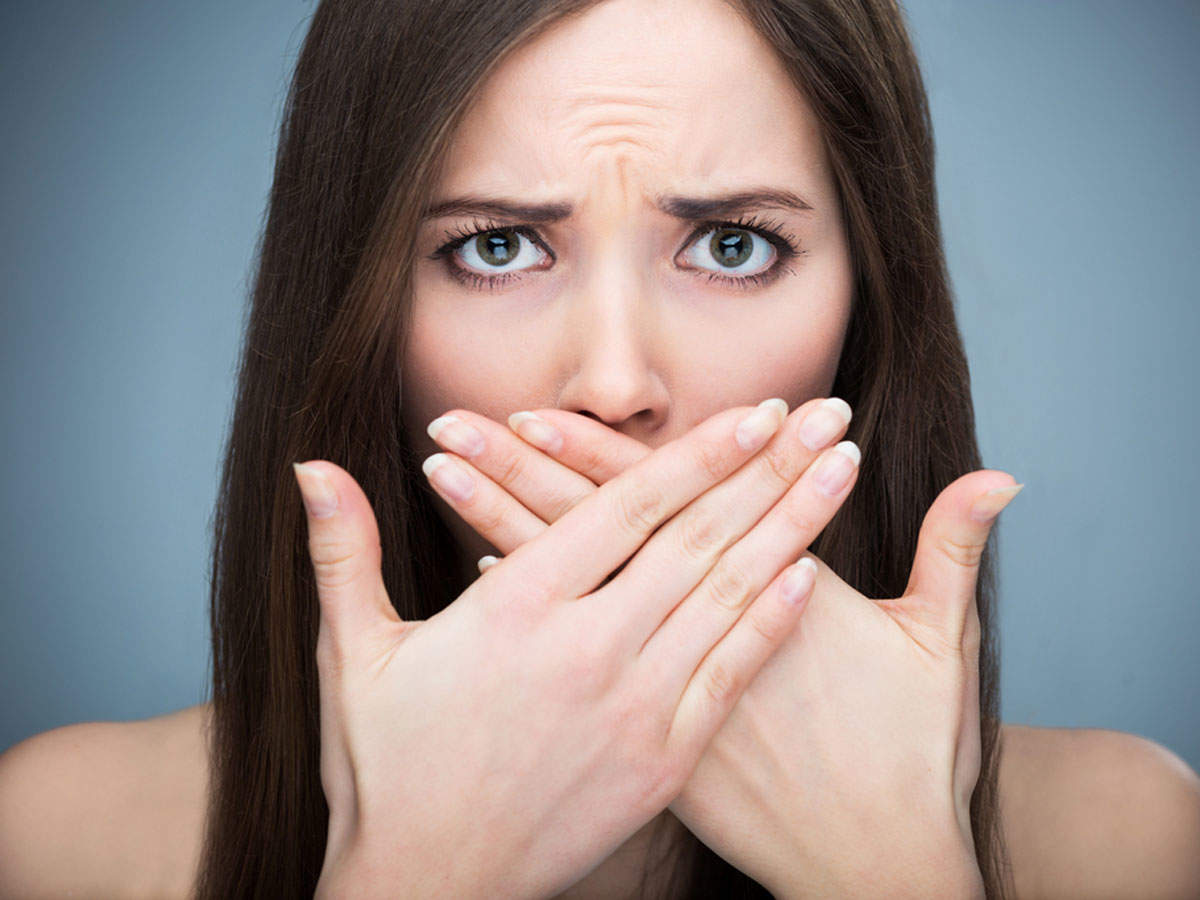Bad breath is a common issue that can cause a great deal of psychological distress. There are a variety of possible causes and treatments. Bad breath can affect anyone. It is estimated that one in every four people suffers from bad breath on a regular basis. After tooth decay and gum disease, halitosis is the third most common reason for people seeking dental care. Simple home remedies and lifestyle changes, such as better dental hygiene and quitting smoking, can frequently resolve the problem. If bad breath persists, it is best to see a doctor to rule out any underlying causes.
Consistently practice good oral hygiene to reduce bad breath, prevent cavities, and lower your risk of gum disease. Treatment for bad breath can vary depending on the underlying cause. If your bad breath is thought to be the result of a medical condition, your dentist will most likely refer you to your primary care provider.
Your dentist will work with you to help you better control conditions related to oral health. Dental precautions may include:
Toothpaste and mouthwashes
If your bad breath is caused by a bacterial buildup (plaque) on your teeth, your dentist may recommend a mouth rinse that kills the bacteria. Your dentist may also recommend an antibacterial toothpaste to kill the bacteria that cause plaque buildup.
Dental disease treatment
You may be referred to a gum specialist if you have gum disease (periodontist). Gum disease can cause your gums to pull away from your teeth, leaving deep pockets that breed odor-causing bacteria. These bacteria are sometimes only removed by professional cleaning. Your dentist may also advise you to replace faulty tooth restorations, which serve as a breeding ground for bacteria.

Lifestyle and home remedies
- Brush your teeth after eating: Keep a toothbrush at work for after-meal brushing. Brush your teeth at least twice a day with fluoride toothpaste, preferably after meals. Antibacterial toothpaste has been shown to reduce bad breath odours.
- Floss your teeth at least once a day: Flossing properly removes food particles and plaque from between your teeth, which aids in the control of bad breath.
- Brush your tongue: Because your tongue harbours bacteria, gently brushing it may help to reduce odours. People who have a coated tongue due to a significant bacterial overgrowth (for example, from smoking or dry mouth) may benefit from using a tongue scraper. Alternatively, use a toothbrush with a built-in tongue cleaner.
- Dentures and dental appliances should be cleaned on a regular basis: If you have a bridge or denture, make sure to clean it thoroughly at least once a day, or as directed by your dentist. If you have a dental retainer or mouth guard, make sure to clean it before putting it in your mouth. Your dentist can advise you on the best cleaning product to use.
- Avoid dry mouth: To keep your mouth moist, avoid smoking and drink plenty of water — not coffee, soft drinks, or alcohol, which can cause a dry mouth. To stimulate saliva, chew gum or suck on sugarless candy. Your dentist or physician may prescribe an artificial saliva preparation or an oral medication that stimulates the flow of saliva if you have chronic dry mouth.
- Adjust your diet: Avoid foods that can cause bad breath, such as onions and garlic. Consuming a lot of sugary foods has also been linked to bad breath.
Try one of these bad breath remedies
1. Saltwater rinse:
Using saltwater to rinse your mouth is a natural way to instantly freshen your breath. Simply mix some salt into a glass of warm water, swish it around your mouth and teeth for 30 seconds, and repeat. The odour has vanished!
2. Cloves:
Cloves can also instantly freshen your breath and make it kissably sweet. Another benefit of cloves is that they help fight bad bacteria in your mouth, which can lead to cavities. Simply suck on a few cloves several times per day. (However, do not use clove oil or powdered cloves because they are too potent and can cause burns.)
3. Apple cider vinegar:
You can easily get rid of the offensive mouth odours caused by eating onions and garlic by using apple cider vinegar. Pour some into a glass of water and swish it around your mouth lightly. This natural mouthwash will instantly neutralise odour and freshen your breath.
4. Eat your fruits and veggies:
Another simple and natural way to freshen your breath is to eat a crunchy snack like an apple, celery, or carrot. These fruits and vegetables act as natural toothbrushes, removing odor-causing bacteria from your teeth. They also stimulate saliva production, which aids in the fight against bad breath.
5. Make your own alcohol-free mouthwash:
The majority of over-the-counter mouthwashes contain alcohol, which dries out your mouth and invites bacteria in. Here is a simple recipe for making your own mouthwash using ingredients you most likely already have in your kitchen.
6. Tea tree oil:
Tea tree oil fights odor-causing bacteria and microbes in the mouth. You can easily incorporate it into your oral hygiene routine by mixing a few drops into your toothpaste or brushing your teeth with the oil alone.


